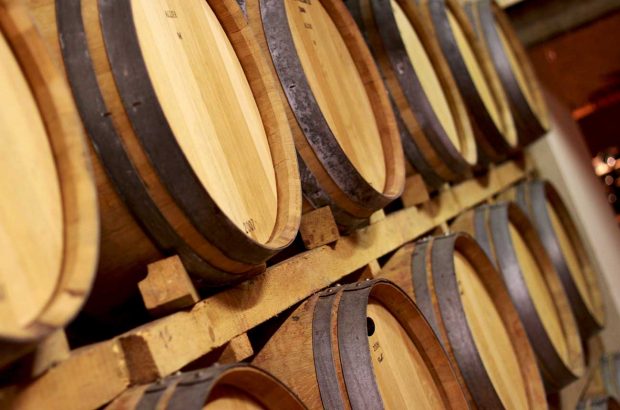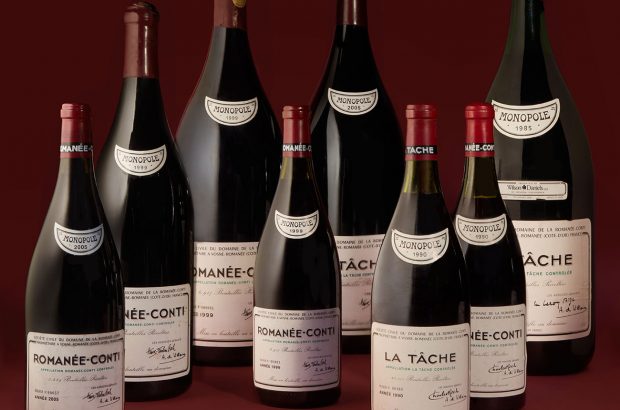What do solar panels and bottles of Bordeaux have in common? The answer was very little – until June 4th.
That was when, under pressure from the French government and in the face of strenuous German objections, the EU announced that it was imposing temporary anti-dumping levies on Chinese solar-panel imports (11.8 per cent to begin with, rising to 47.6 per cent after two months). The Chinese response, just one day later, looked neatly targeted: an anti-dumping probe into wine from the European Union.
Since two-thirds of the 430 million litres of wine imported into China last year came from the EU, and since over half of that came from France, it is obvious where any subsequent levies will be felt most keenly. Bordeaux is the major French exporting region to China (around 71 million bottles went to Hong Kong and China last year); Chinese sales over the last half-decade have pulled many smaller growers in Bordeaux’s less prestigious areas back from the brink. They will be less than thrilled about these developments in Blaye, Branne and Baigneaux. Around 50 Bordeaux properties, moreover, are now Chinese-owned, with Loudenne, Le Bon Pasteur and La Commanderie among the latest properties to change hands. Their new owners, presumably, will be smiling bravely through the spat.
An trade weapon of this sort has, in fact, been oiled and primed in Beijing’s arsenal for a while. The China Alcoholic Drinks Association asked the Ministry of Commerce for an investigation last August, claiming (according to Wang Zuming, the secretary general of the wine sub-branch) “a clear intention to sell European wines in the Chinese market at below cost-price”. The EU’s wine subsidies, in any case, make it perennially vulnerable to accusations of market distortion. Given that Chinese solar-panel exports to Europe have been worth up to 27 times what current European wine exports are currently worth to China, you might almost argue that the Chinese response is a polite one.
The ideal of perfectly equitable trade may be attractive, but in practice is illusory; trade itself is a gigantic gearing system for global imbalances of every sort, generating incessant noise, heat, friction and projectile detritus. Every trade agreement is a portfolio of compromises: that’s why they take so long to hammer and rivet into place. If a market is opened by unsustainable means, though, it will not endure. Protectionism generally ensures the long-term decline of those it was designed to safeguard, as they mutate from productive force to museum attraction.
Having watched on the wine scene in one way or another for a quarter of a century, it seems to me that China’s growing involvement in wine production and wine consumption is the greatest single advance for wine culture to occur in my lifetime. I have written before about the almost perfect fit between China’s tea culture and European wine culture (a subject my colleague Ch’ng Poh Tiong recently touched on decanterchina.com. Any fan of classical Chinese poetry, meanwhile, will know that wine’s consoling force has been a major theme, explored more plangently (and less pretentiously) than in any European or Middle Eastern literary tradition, for 1,300 years or more.
To have the most populous nation on earth actively engaged in growing, making, consuming, importing and exporting wine will benefit the wine world irreversibly, in ways we hardly dream of yet. The birth of this trade is obviously economically attractive, but for me the possibilities it presents for Chinese access to a once-mysterious part of European culture, and for wine workers worldwide to travel to China and make their own discoveries about Chinese life and culture, are infinitely more exciting. This current trade dispute is, as any wise Taoist would surely tell you, a single rock in the path of a vast river, and I suspect it will soon be rolled into oblivion.
Written by Andrew Jefford





